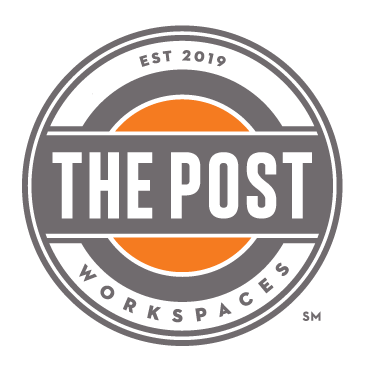
Picture this…
It’s Monday morning. You just sat down at your desk with a cup of coffee and you’re ready to conquer the day.
You flip open your computer, check your calendar, and you see… A day packed with meetings.
If you’re like 67% of professionals, you probably get overwhelmed because you know that these meetings are going to distract you from doing the work you need to get done.
And what’s worse is that it’s likely at least one of these meetings probably could’ve been just as easily handled with an email.
Maybe it’s a meeting you’ve been invited to. Or, worse yet, maybe it’s a meeting you’re hosting. But either way, frustration is a certain byproduct.
So, in the interest of avoiding these situations, we wanted to drive awareness to the telltale signs that your meeting could’ve been an email.
1. It’s Focused on Project Updates, Feedback, or Quick and Specific Answers

If all you’re hosting a meeting for is to get an update on projects, to provide feedback, or to source quick answers to specific questions, this can almost always be done in the form of an email:
- Ask your team to send you a brief update on where things stand
- Offer point-form feedback in the body of an email
- Ask the questions you need answered and solicit a response
There’s one caveat to this: if the feedback process has been challenging or you need to have a tough conversation with someone about their project status, this calls for a meeting–but make it a one-to-one meeting, not a group gathering.
2. The Meeting is Just to Share a Quick Update

All too often, people call meetings to simply share a quick update or piece of news or information.
This doesn’t need to be a meeting. Send it in an email instead.
If you want to make it energetic or if it feels too long to type, try sending it by email in video format with a service like Loom. That way, people can watch when it’s convenient without missing any key details.
3. There’s No News to Share

Looking at meetings and deciding whether they could be an email doesn’t simply apply to not proactively hosting meetings. It can also apply to canceling unnecessary ones.
Here’s an example…
Let’s say you host weekly meetings about a particular project. If there’s been no significant progress made on the project, consider giving people the gift of time and canceling the meeting so they can allocate that time to working on whatever they need to get done.
Send any brief updates by email or solicit any updates in the same format.
4. The Dollar Value of the Meeting Isn’t Worth the Spend

A one-hour meeting with five attendees isn’t a one-hour meeting. It’s a five-hour meeting. So,if you want a cut-and-dry way of looking at how important your meeting is, do the math on what it actually costs to host it.
Let’s say the average hourly wage of each employee at the table is $75 and they sit in the meeting for one hour.
Five employees x $75 per hour x 1 hour = $375
That meeting would have cost you $375 to run. With that in mind, ask yourself if it would be worthwhile. If so, host the meeting. If not, put it in an email.
5. Your Meeting is One-Directional

One of the biggest benefits of hosting a meeting is collaborating and discussing topics with your team, clients, or colleagues.
But if a meeting is one-directional–that is to say that you’re going to be telling people things rather than having everyone engaged–it may not be worth gathering everyone in one place.
Consider whether you can write a clear, detailed email conveying all the information you’d like to share instead.
6. You Have Fewer Than 3 Topics to Cover

Take a look at your meeting agenda. If you have fewer than three topics to cover, consider whether you could simply provide this update in the form of an email.
For most people, the average workday is packed with work that needs to get done. So, every second counts. With that in mind, before you book your next meeting, ask yourself if it really needs to be a meeting or if it would be better suited as an email.
And if you do need to host a meeting, book a professional meeting room with a full suite of amenities to make sure it’s an enjoyable experience for everyone in attendance.
To learn more about how flexible office space can benefit your business, get in touch with us today. Our team is available to speak with you.
